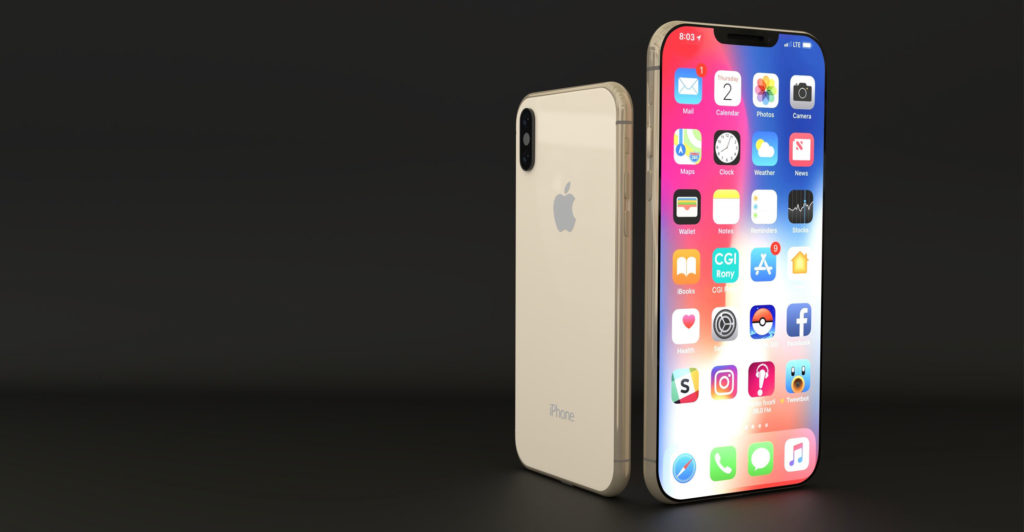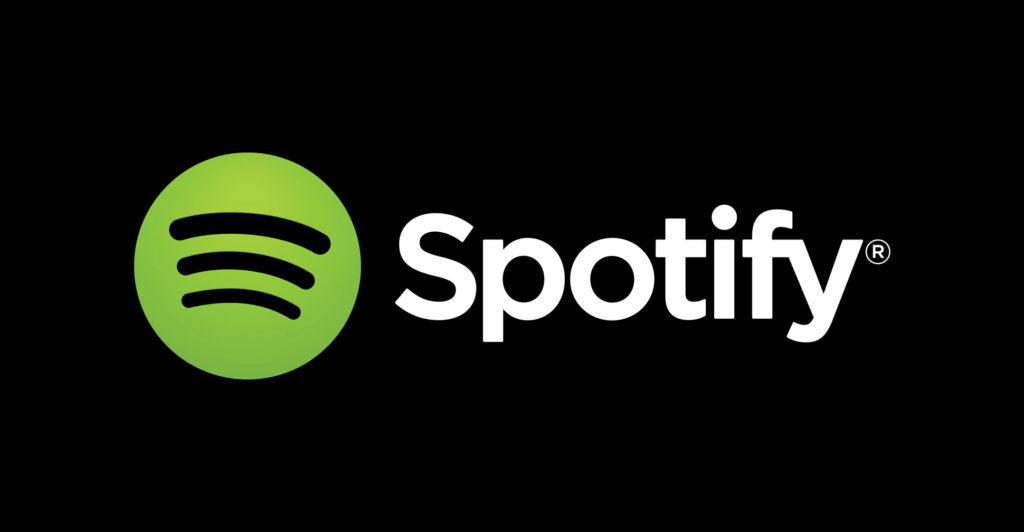 Apple is considering giving rival apps more prominence on iPhones and iPads and opening its HomePod speaker to third-party music services after criticism the company provides an unfair advantage to its in-house products.
Apple is considering giving rival apps more prominence on iPhones and iPads and opening its HomePod speaker to third-party music services after criticism the company provides an unfair advantage to its in-house products.
The technology giant is discussing whether to let users choose third-party Web browser and mail applications as their default options on Apple’s mobile devices, replacing the company’s Safari browser and Mail app, according to people familiar with the matter.
Since launching the App Store in 2008, Apple hasn’t allowed users to replace pre-installed apps such as these with third-party services. That has made it difficult for some developers to compete, and has raised concerns from lawmakers probing potential antitrust violations in the technology industry.
The Web browser and Mail are two of the most-used apps on the iPhone and iPad. To date, rival browsers like Google Chrome and Firefox and mail apps like Gmail and Microsoft Outlook have lacked the status of Apple’s products. For instance, if a user clicks a Web link sent to them on an iPhone, it will automatically open in Safari. Similarly, if a user taps an e-mail address — say, from a text message or a website — they’ll be sent to the Apple Mail app with no option to switch to another e-mail program.
The Cupertino, California-based company also is considering loosening restrictions on third-party music apps, including its top streaming rival Spotify, on HomePods, said the people, who asked not to be named discussing internal company deliberations.
Closed system
Apple’s closed system to prohibit users from setting third-party apps as defaults was questioned last year during a hearing of a US house of representatives antitrust panel. Lawmakers pressed the issue of whether iPhone users can make non-Apple apps their defaults in categories including Web browsers, maps, e-mail and music.
Being a default app on the world’s best-selling smartphone is valuable because consumers are subtly coaxed and prodded into using this more established software rather than alternatives. Keeping users tethered to Apple’s services is important to the company as the growth of smartphone demand slows and sales of music, video, cloud storage and other subscriptions make up a greater share of the iPhone maker’s total revenue.
The company currently pre-installs 38 default apps on iPhones and iPads, including the Safari Web browser, Maps, Messages and Mail.
 Last year, Stockholm-based Spotify submitted an antitrust complaint to the European Union, saying Apple squeezes rival services by imposing a 30% cut for subscriptions made via the App Store. Apple responded that Spotify wants the benefits of the App Store without paying for them. As part of its complaint, Spotify singled out the inability to run on the HomePod and become the default music player in Siri, Apple’s voice-activated digital assistant.
Last year, Stockholm-based Spotify submitted an antitrust complaint to the European Union, saying Apple squeezes rival services by imposing a 30% cut for subscriptions made via the App Store. Apple responded that Spotify wants the benefits of the App Store without paying for them. As part of its complaint, Spotify singled out the inability to run on the HomePod and become the default music player in Siri, Apple’s voice-activated digital assistant.
Apple is now working to allow third-party music services to run directly on the HomePod, said the people. Spotify and other third-party music apps can stream from an iPhone or iPad to the HomePod via Apple’s AirPlay technology. That’s a much more cumbersome experience than streaming directly from the speaker.
Opening the HomePod to additional music service may be a boon for the product. The speaker has lagged behind rivals like the Amazon Echo in functionality since being introduced in 2018 and owns less than 5% of the smart-speaker market, according to an estimate last week from Strategy Analytics.
Also under discussion at Apple is whether to let users set competing music services as the default with Siri on iPhones and iPads, the people said. Currently, Apple Music is the default music app. If the company changes the arrangement, a user would be able to play music from Spotify or Pandora automatically when asking Siri for a song.
The potential changes to third-party apps on Apple’s devices and the HomePod are still under discussion or early development, and final decisions haven’t been made, the people said. If Apple chooses to go forward with the moves, they could appear as soon as later this year via the upcoming iOS 14 software update and a corresponding HomePod software update, the people said.
Apple typically announces major new iPhone and iPad software versions in June, and releases them in September around the launch of new iPhone models. For this year’s update, Apple is also planning to focus on performance and quality because the current version, iOS 13, has been riddled with bugs that upset some users. — (c) 2020 Bloomberg LP

